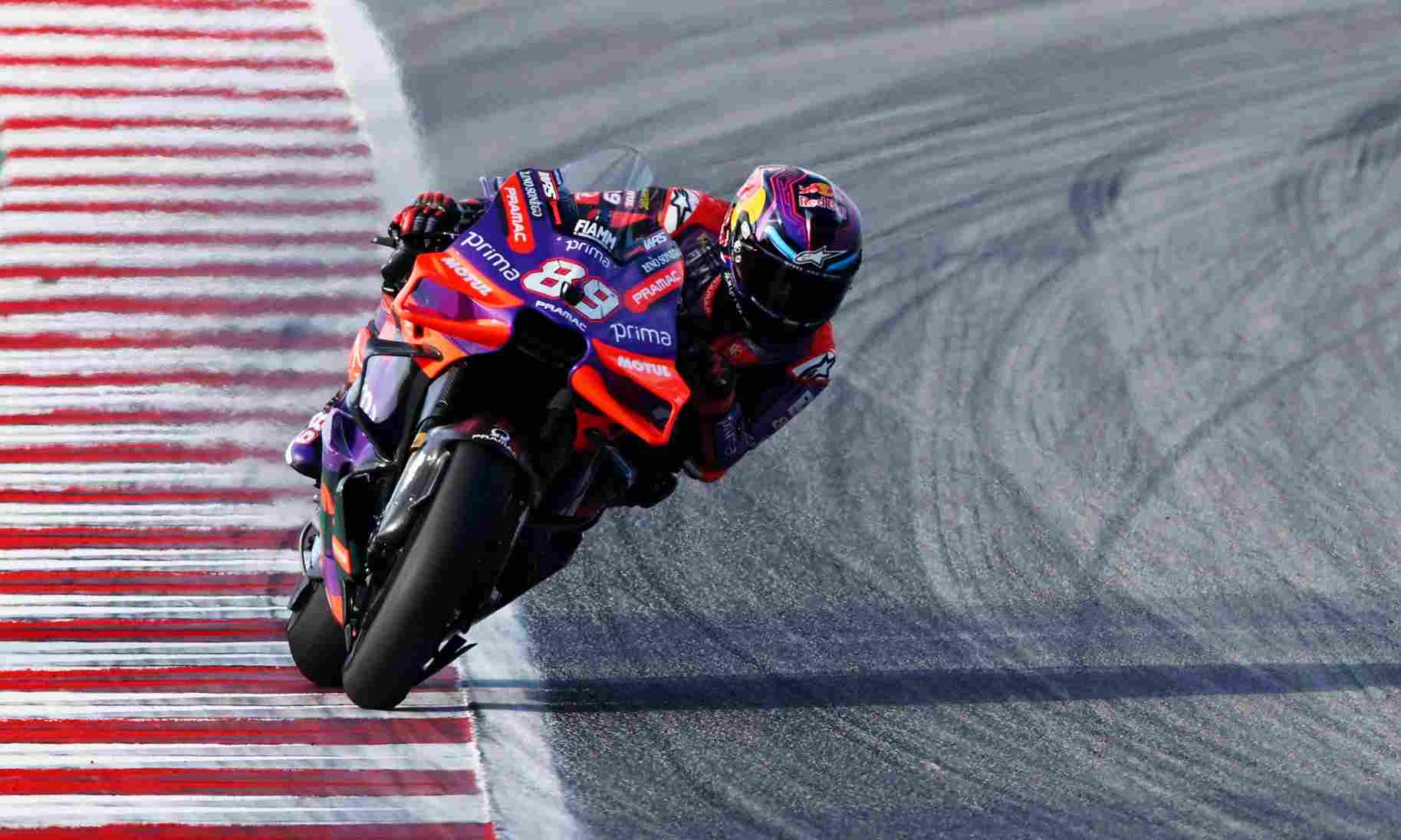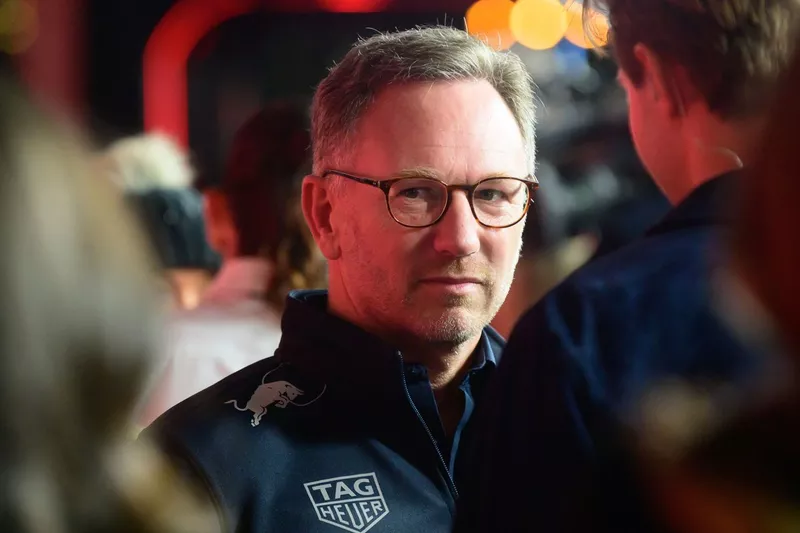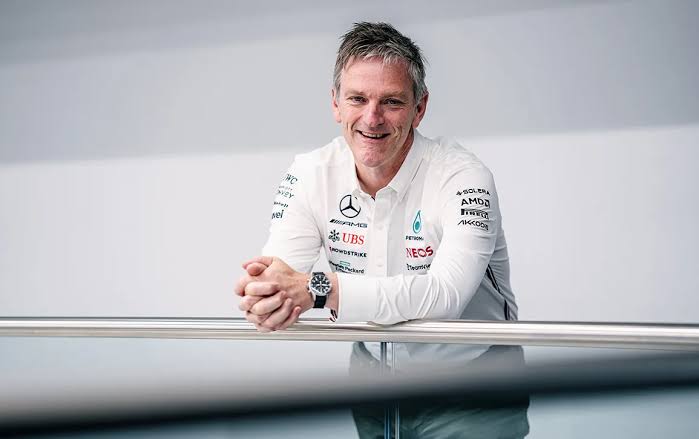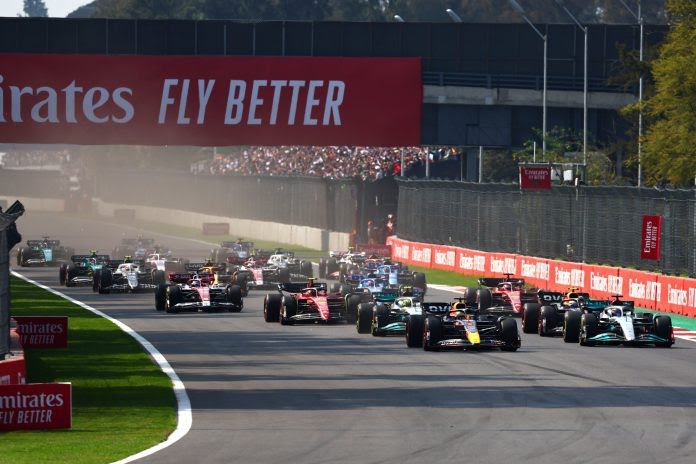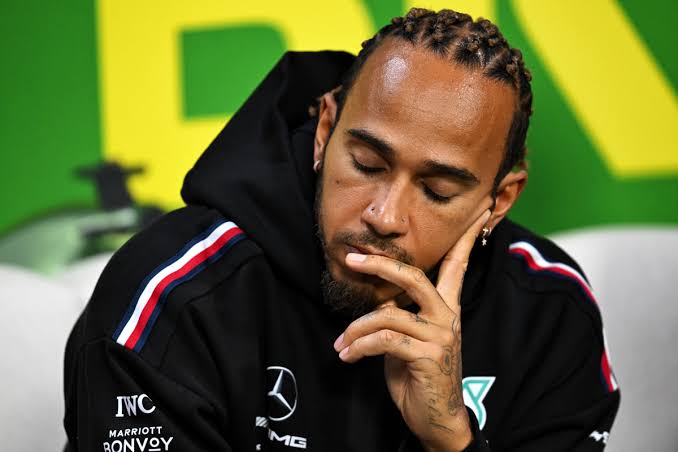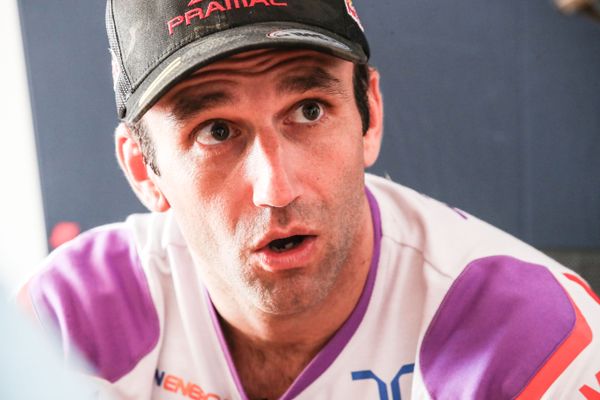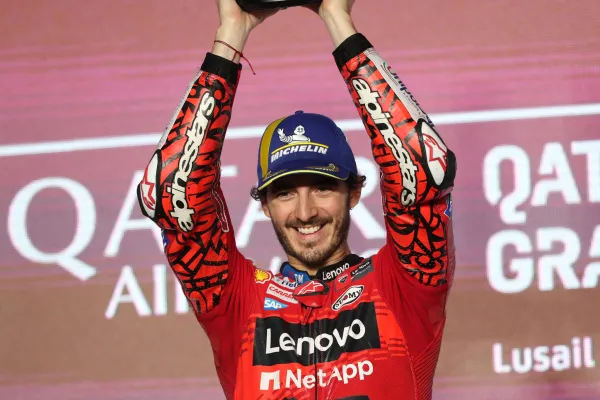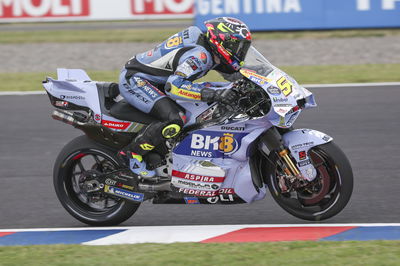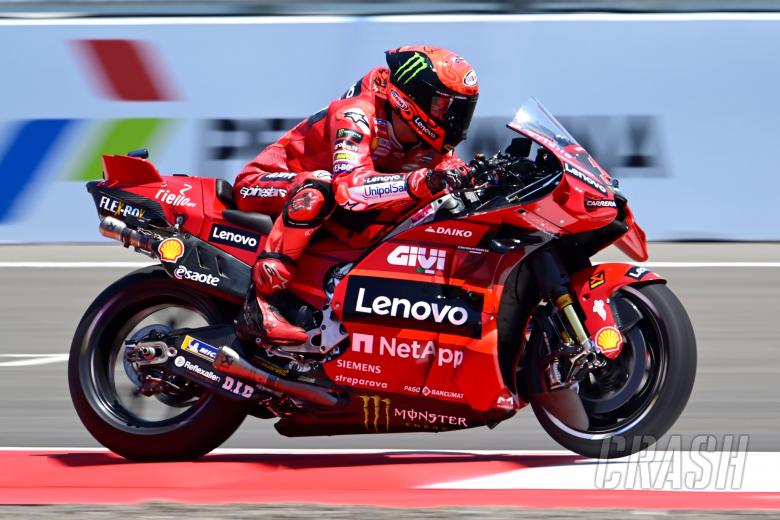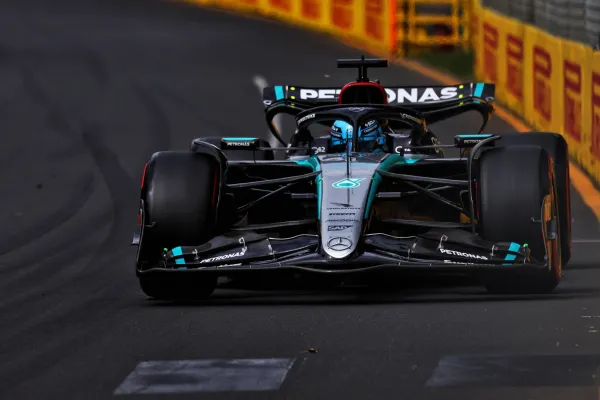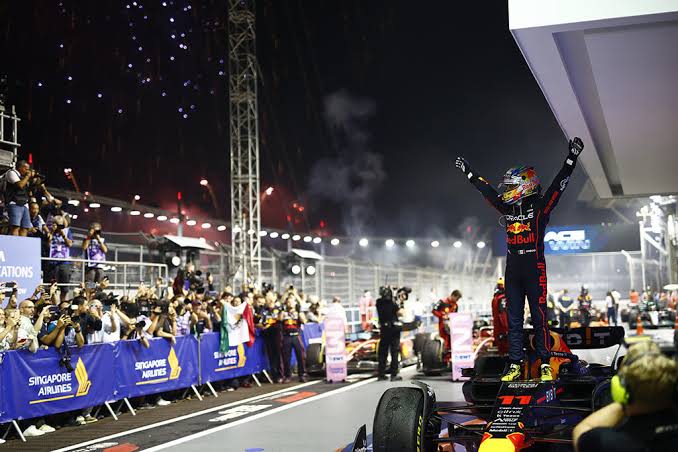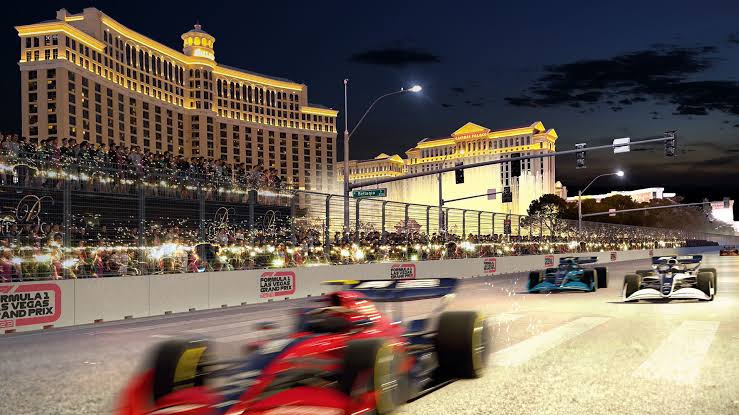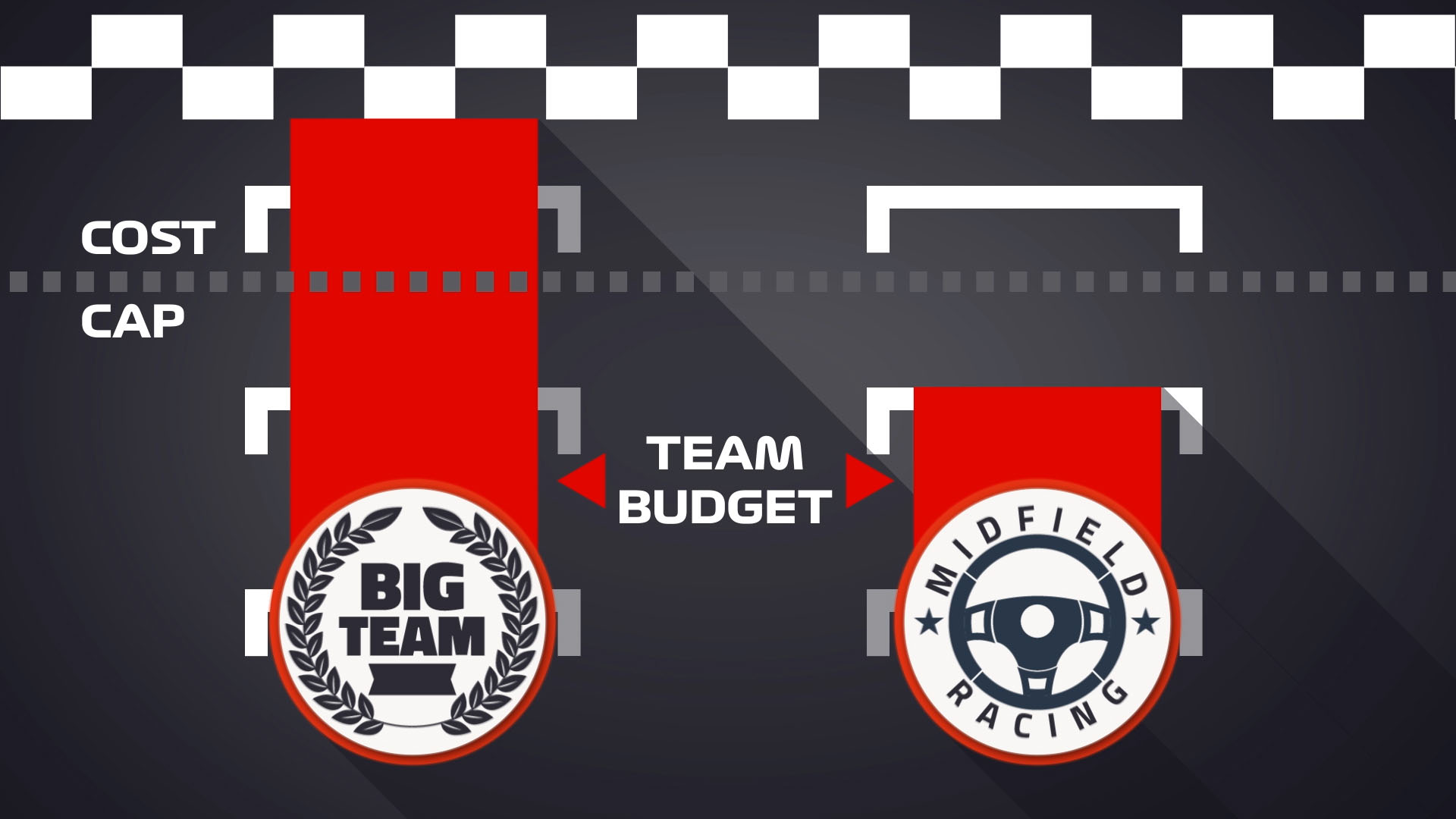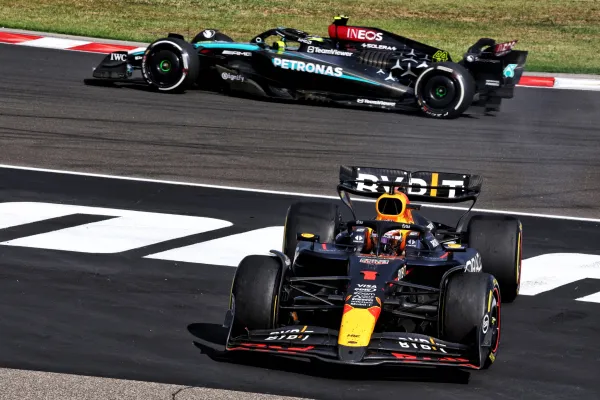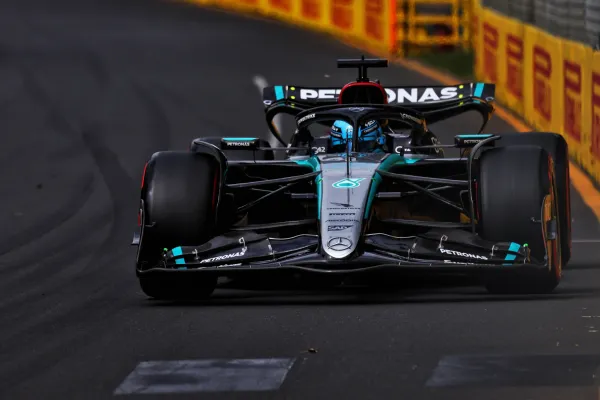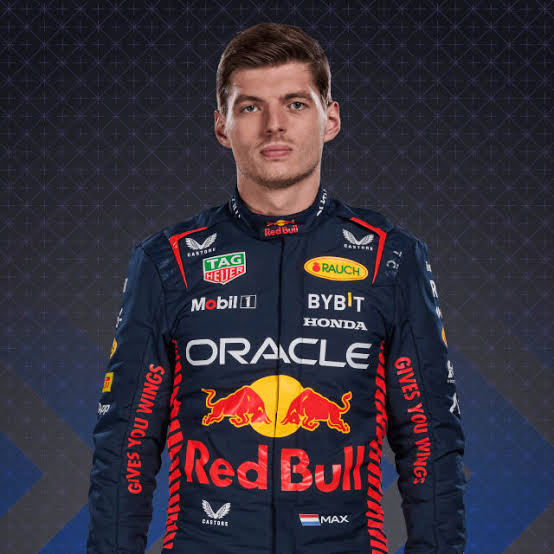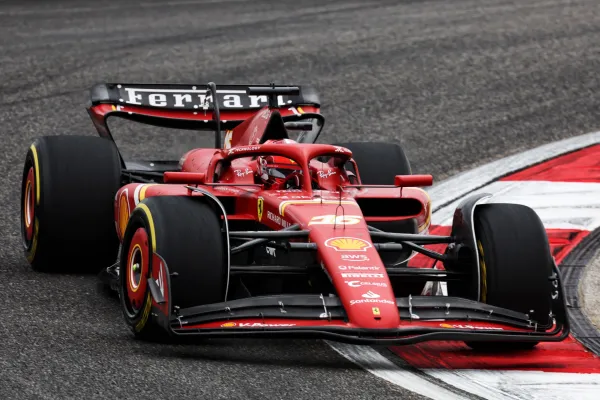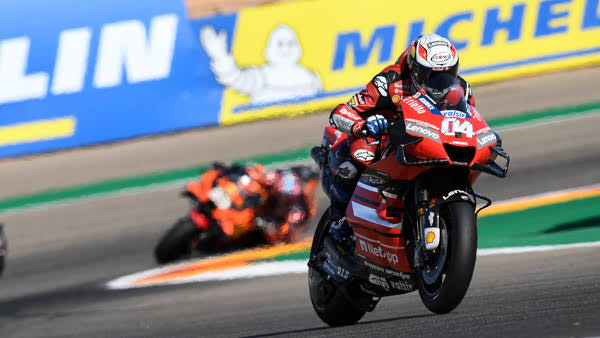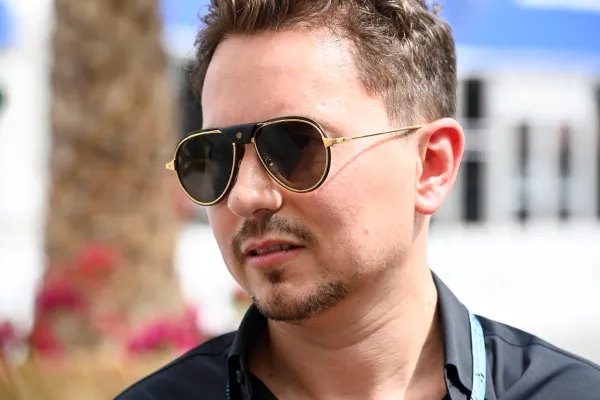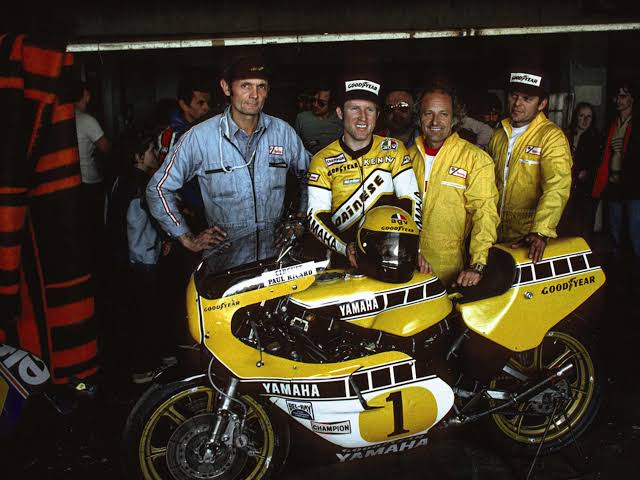Racing to Success: How MotoGP Teams Balance Talent With Mental Toughness
In the high-speed world of MotoGP, where motorcycle racing meets mental endurance, the line between victory and defeat is often drawn by more than just raw talent. The ability to balance exceptional riding skills with a robust mental mindset is crucial for teams aiming to dominate the circuit. This article delves into the strategies MotoGP teams employ to cultivate both the physical prowess and psychological resilience needed to succeed in this demanding sport.
Introduction to MotoGP
MotoGP, the pinnacle of motorcycle racing, is a global phenomenon that attracts millions of fans worldwide. The sport requires riders to possess not only incredible physical skills but also a deep understanding of racecraft—the art of navigating the track while anticipating the moves of competitors. This blend of physical and mental challenges makes MotoGP a fascinating case study for understanding how teams manage talent and mentality to achieve success.
The Importance of Mental Health in MotoGP
In recent years, the importance of mental health in MotoGP has become increasingly recognized. Riders like Maverick Vinales have highlighted the psychological pressures of competing at the highest level, where a fraction of a second can decide the outcome of a race. The pressure to perform, combined with the constant scrutiny of fans and media, can take a significant toll on riders’ mental well-being. As a result, many teams now incorporate sports psychologists into their support staff to help riders manage stress and maintain a stable mindset.
“In motorcycle racing, mental health is super important because we risk a lot in a few tenths of a second,” notes Maverick Vinales. This emphasis on mental health underscores the evolving nature of the sport, where physical talent is no longer enough to guarantee success.
Balancing Talent with Mentality
Achieving victory in MotoGP requires a delicate balance between natural talent and mental toughness. Riders must be able to perform under immense pressure while maintaining focus and composure. This balance is often achieved through rigorous training and the use of mental preparation techniques, such as visualization and mindfulness, to enhance performance.
Read more about how riders maintain their mental and physical sanity throughout tournaments in our article.
Talent Development
Talent is the foundation upon which MotoGP teams build their success. Riders are selected based on their exceptional skills, which include speed, agility, and the ability to navigate complex circuits. However, talent alone is insufficient; it must be honed through continuous training and feedback from team strategists and mechanics.
Mental Preparation
Mental preparation is equally crucial. Riders work with sports psychologists to develop strategies for managing stress, staying focused, and maintaining a positive mindset even in the face of adversity. This includes learning to manage emotions, avoiding extreme highs and lows, and maintaining a stable mental state throughout the racing season.
“Try not to be too euphoric, as it takes all your energy. Trying to be steady, I think, is one of the secrets I’ve learned the most and works best for me,” advises Maverick Vinales, highlighting the importance of emotional balance in achieving consistent performance.
Team Dynamics and Collaboration
In MotoGP, success is not solely dependent on the rider; it is a team effort. Mechanics, strategists, and other support staff play critical roles in ensuring that the bike is optimized for each race. This collaborative environment fosters a culture of continuous improvement, where every member’s expertise is valued and respected.
Communication and Feedback
Effective communication between riders and their teams is vital. Riders must be able to articulate their needs and feedback to mechanics, who then adjust the bike’s setup to enhance performance. This feedback loop ensures that the bike is always optimized for the rider, allowing them to focus on the race rather than worrying about the bike’s performance.
Adaptability and Strategy
MotoGP teams must be highly adaptable, capable of adjusting strategies based on race conditions, weather, and competitor tactics. This adaptability is akin to the pit stops in MotoGP, where quick assessments and decisive actions are necessary to maintain momentum. Similarly, startups can learn from this approach by being agile and responsive to market changes.
Lessons from MotoGP for Other Industries
The strategies employed by MotoGP teams offer valuable lessons for other industries, particularly startups. The emphasis on continuous training, predictive strategy, and data utilization can be applied across various sectors to enhance performance and adaptability.
Embracing Change
In both MotoGP and startups, the ability to swiftly adapt to new challenges is crucial. Whether it’s an unexpected pit stop due to weather conditions or a sudden shift in market trends, being agile and responsive is key to maintaining momentum.
Data-Driven Decisions
MotoGP teams rely heavily on data analysis to refine their strategies and improve performance. Similarly, startups can benefit from using data to inform business decisions, whether it’s analyzing customer feedback or market trends.
Conclusion
Achieving victory in MotoGP requires a harmonious blend of talent, mental toughness, and teamwork. As the sport continues to evolve, the importance of mental health and strategic collaboration will only grow. By understanding how MotoGP teams balance these elements, we can gain insights into what drives success not just in racing but across various competitive fields.
To explore more about how MotoGP teams maintain their edge, see our article on “The Role of Technology in Enhancing MotoGP Performance“.
